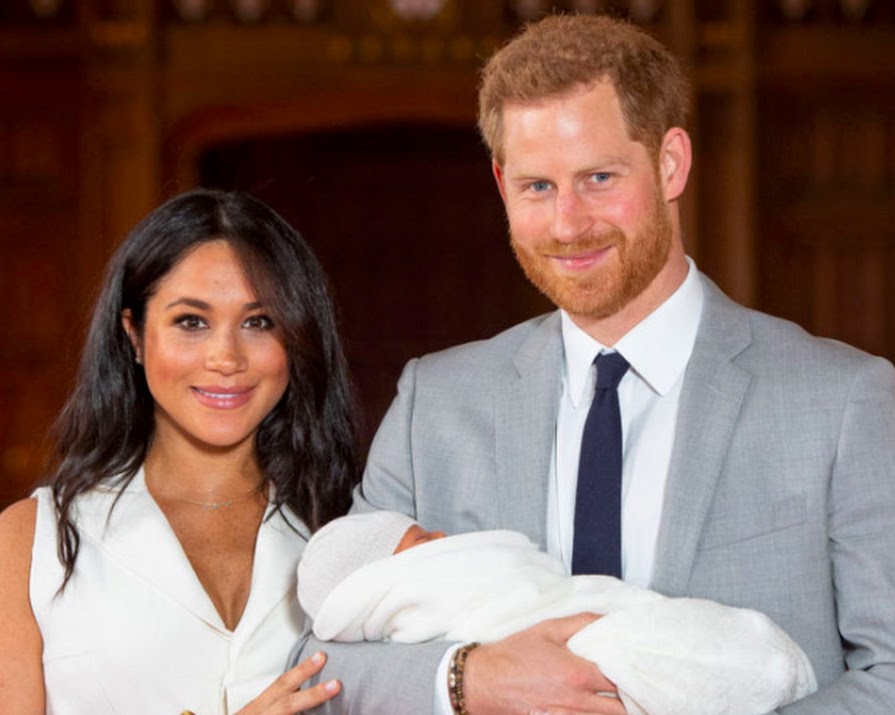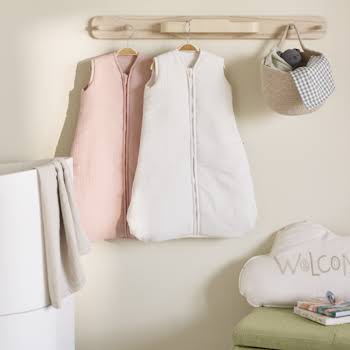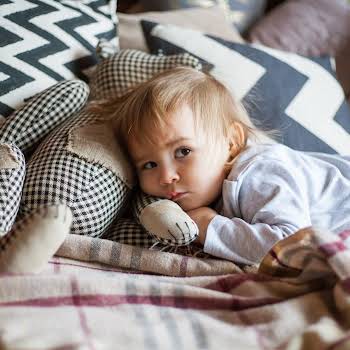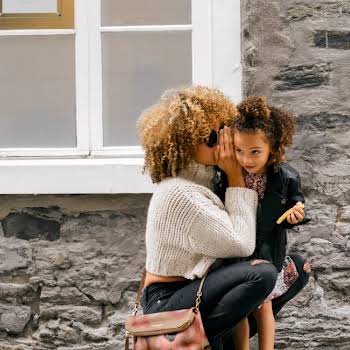
By Amanda Cassidy
01st Aug 2019
01st Aug 2019
This week Harry and Meghan were mocked for their ‘new age’ attitude to saving the planet by not having more than two children while using private jets. But it’s certainly started a conversation about population being a primary driver of the global ecological crisis, writes Amanda Cassidy
“It’s not just climate change; it’s sheer space, places to grow food for this enormous horde, explained David Attenborough in his BBC series on Planet Earth. “Either we limit our population growth or the natural world will do it for us. The natural world is doing it for us right now.”
It is something we haven’t talked about much – the inconvenient truth that people are the problem as well as the solution to this crisis. The environmental toll of having even one child is enormous – 58.6 tonnes of carbon each year. We’ve been encouraged to consume fewer animals in order to turn the devastation we are wreaking on our planet around. But perhaps we need to produce fewer humans? But is this dangerous territory when it comes to a decision not to produce life?
Related: Meet the women included in Meghan’s British Vogue edition
There are a growing number of those in the spotlight who are campaigning against population growth, including Harry and Meghan, David Attenborough, Chris Packham, Lionel Shriver and primatologist Jane Goodall. They believe that people are contributing to environmental degradation, resource depletion, poverty and inequality.
Terrifying
“Our population has tripled in the past 70 years”.
In the article in British Vogue, guest-edited by the Duchess of Sussex, chimpanzee expert Jane Goodall spoke to her husband, Harry about how many children he would have. Referring to the world’s dwindling resources, Harry explained “What we need to remind everybody is, these are things that are happening now. We are already living in it. We are the frog in the water and it’s already been brought to the boil. Which is terrifying.”
The Duke of Sussex said his opinions had changed since the birth of his son, Archie. “I view it differently now, without question. I’ve always wanted to try to ensure that, even before having a child and hoping to have children.” Goodall cautions, “not too many”. “Two, maximum” replies Harry.
Our population has tripled in the past 70 years. Consumption of resources by the wealthy have undoubtedly been a huge factor in crippling our ecosystem and creating pollution.
“Of all the choices we can make, having one less child is by far the best option”.
But to really make any difference to planet Earth, Harry and Meghan should also address their jet setting lifestyle, the ecological cost of living in such huge houses, the quick trips to NYC for baby showers and royal tours.
Borrowed time
Research carried out at the University of Lund recently found that of all the choices we can make, having one less child is by far the best option. This would allow parents to reduce their CO2 emissions by 58 tonnes a year – over 25 times more than from any other action.
The other tweaks – getting rid of a car, avoiding flights, going vegetarian are all helpful but having fewer children is considered the optimum way of reducing our carbon footprint.
Perhaps Harry, like some others in the spotlight, isn’t admitting this out of some sort of tokenism. It sounds like it is a deeply considered plan to play his small part in helping to save the world.
“But I’ve always thought: this place is borrowed,” he told Goodall in that interview. ” And, surely, being as intelligent as we all are, or as evolved as we all are supposed to be, we should be able to leave something better behind for the next generation.”
Image via BBC
Read moreHow to talk to you children about climate change
Read more:Watch activist Greta Thunberg’s speech to the EU on climate change
Read more: Brands that will help you save pennies, and the planet























